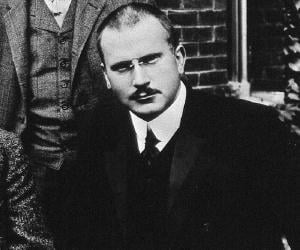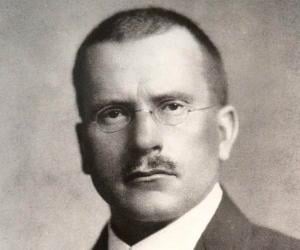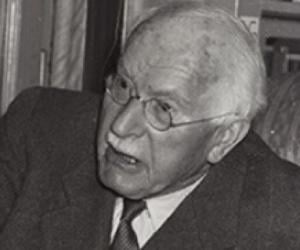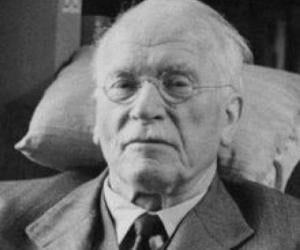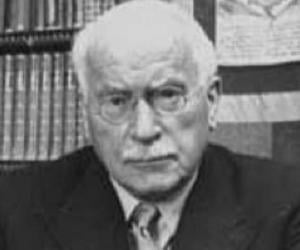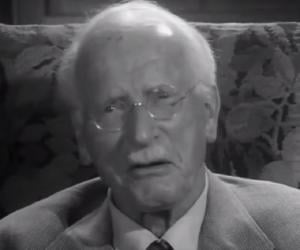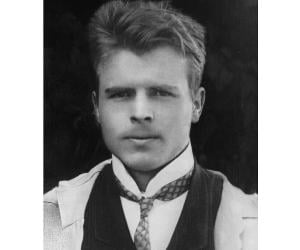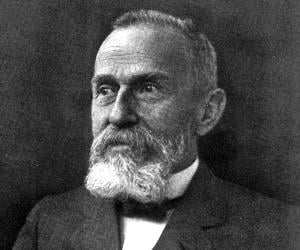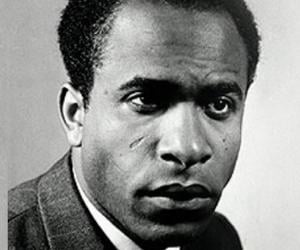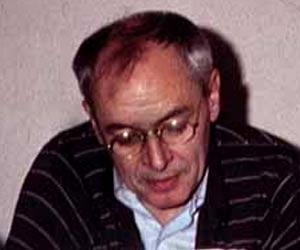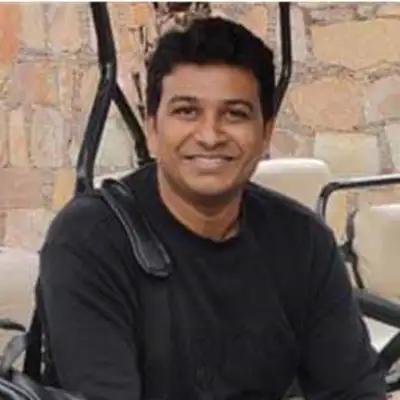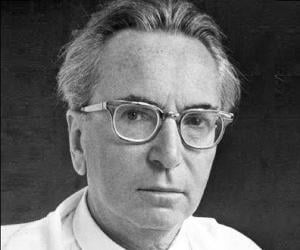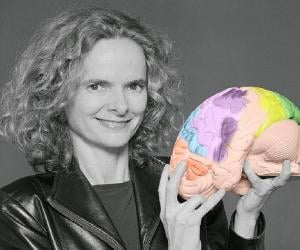Born In: Kesswil, Switzerland
Carl Jung
Carl Gustav Jung was a famous Swiss psychiatrist and psychotherapist who founded the school of analytical psychology. He was a multifaceted personality with interests in fields as diverse as medicine, religion, literature, philosophy, archaeology, and occult. He had a difficult childhood as his mother suffered from depression and was extremely moody. He was an introvert and suffered from multiple personality disorder—this had a profound influence on his future career as a psychiatrist. During his childhood, he was pushed to the ground by his classmate, which caused him to suffer from fainting spells—this incident helped shape his career. His interests in the field of medicine and spirituality led him to choose psychiatry, which he considered a combination of both these fields. He made immense contributions to his chosen field and gave the world some of the best known psychological concepts like analytical psychology, personality profiling, collective unconscious, the complex, etc. He was a close associate of Sigmund Freud and they influenced each other intellectually and attended several conferences together. Jung’s important theories include the concept of introversion and extraversion, the archetypes, and synchronicity. He was a prolific writer and published his work in 20 volumes. He continued writing till the end of his life.
